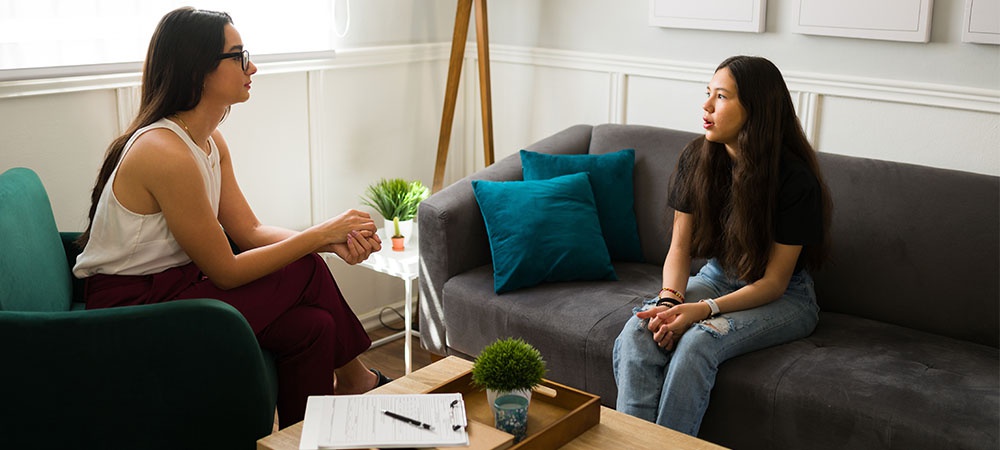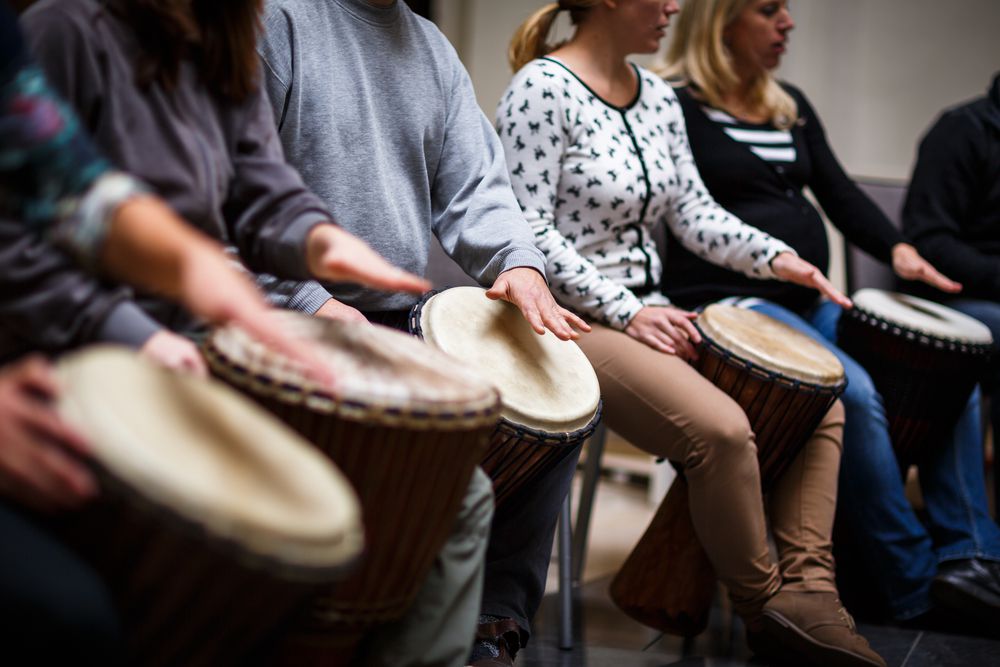
Counselling for Addiction: The Role of Therapy in Recovery
The recovery process from addiction can be long and difficult, but there is hope. Therapy and counselling play an important role in helping people to overcome addiction and achieve lasting sobriety.
In this blog post, we’ll explore therapy’s role in addiction recovery and look at how it can help. If you or someone you know is struggling with addiction, please seek professional help. Recovery is possible.
Defining Addiction and its Causes
Addiction is a serious and complex mental health disorder affecting people worldwide. It’s characterized by compulsive behaviours and habits that a person engages in, despite the potential harm it may cause them.
Experts attribute the underlying cause of addiction to various sources, ranging from peer pressure, family-related issues, chronic stress and trauma. Environmental triggers like easy access to drugs or alcohol can also play a role. Other times, environment or biological makeup can lead to an individual developing an addiction.
It’s important to note that certain mental illnesses, such as depression and anxiety, may also contribute to substance abuse. Because so many factors are involved in each case, addiction treatment centers must approach each patient with individual care plans targeted toward their specific circumstances.
The Role of Therapy in Addiction Counselling
Therapy has a crucial role to play in addiction counselling. Growing evidence suggests that this approach is key in helping those struggling with substance abuse and those dealing with behavioural addictions.
- Various therapeutic methods have proven successful for those seeking to manage their addiction, such as cognitive-behavioural therapy, 10-step relapse prevention, mindfulness-based therapies and more.
- Whether providing a safe and supportive space to share personal struggles or equipping individuals with self-help skills, therapy can move an individual towards lasting sobriety and long-lasting recovery.
Counsellors must understand the value of incorporating various therapy components when treating addiction.
Different Types of Therapy for Addiction Treatment
Many different types of therapy are available to those who suffer from addiction, including cognitive-behavioural therapy, motivational interviewing, dialectical behaviour therapy, and even relapse prevention.
- Cognitive-behavioural therapy combines traditional talk therapy with specific coping strategies to help the patient recognize harmful thoughts or behaviour patterns and develop new behaviours in their place.
- Motivational interviewing helps individuals identify their personal motivation for choosing sobriety and create realistic goals on the journey to complete recovery.
- Family therapy seeks to enhance communication within the family dynamic while conditioning new behaviours to reinforce sobriety in an environment of added support.
- Mindfulness-based stress reduction encourages patients to remain present during difficult moments instead of returning to addictive behaviour.
- Dialectical behaviour therapy involves both individual and group sessions to provide education, skills training, mindfulness and exposure that all work together to treat addiction.
- Relapse prevention involves educating the patient on triggers that might lead to a relapse and helping them build lasting behavioural change through positive reinforcement and improved problem-solving skills.
Each type of therapy has the potential to drastically improve your life by teaching you essential coping mechanisms to overcome your addiction.
Related Article: Choosing the Best Drug Rehab Facility for Your Needs and Demands
How to Choose the Right Addiction Therapist for you?
Choosing the right therapist for you can be a daunting process. It’s important to take the time to find someone experienced in treating the specific issues you’re facing, as well as creating an environment of trust and security.
- Start by searching for therapy providers specializing in the issues you hope to work through.
- Make sure they have a valid license and experience in the type of therapy you would prefer.
- You may also want to read some of their testimonials or reviews, as this can help to give insight into what it might be like working with them.
- Consider asking questions such as how they see your situation, how much time they recommend investing in sessions, and if they are part of any professional organizations or networks related to their practice.
Ultimately, finding a compassionate therapist who understands your needs and values you as an individual is key. Take the time to explore and reach out until you find one that works for you!
The Benefits of Therapy in Addiction Recovery
Research has long proven that addiction recovery is more successful when combined with therapy. Therapy can help provide a deeper understanding of underlying issues that are at the root of one’s substance abuse. And by addressing these issues, you can significantly reduce or even eliminate cravings for drugs or alcohol.
Individuals who engage in therapy to support their sobriety learn important skills to manage difficult emotions, relationships, and stressful life events — all common triggers for relapse.
Finally, talking about your experience in a supportive therapeutic environment can be incredibly refreshing. It allows you to work through deep-seated resentments and learn healthier communication skills with family members and friends.
Therapy is undoubtedly an invaluable tool for those struggling with substance abuse and on the road to lasting recovery.
Tips for Making the Most of Your Therapy Sessions
Making the most of therapy begins with being proactive.
- Know your goals and be honest with yourself and your therapist.
- Think through what you would like to get out of the session and focus on being solution-oriented rather than problem-solving.
- Take notes during the session, so you can reference them later. This will help you stay organized and focused during sessions.
- Practice self-care outside of your counselling sessions to further reap the benefits of therapy.
- Talk about how outside experiences affect your mental well-being in detail, so your therapist can get a full picture of what’s going on in life.
Making the most out of therapy starts with actively engaging in it – both inside and outside the room!
Related Article: Benefits of Rehab Vs. “Traditional” Addiction Treatment
Professional Addiction Counselling with 1000 Islands Drug Rehab Centre
At 1000 Islands Drug Rehab Centre, our addiction specialists understand the value counselling can bring to your addiction recovery journey. That’s why all our addiction treatment programs incorporate different forms of counselling depending on the patient’s needs.
You’re welcome to discuss addiction counselling and treatment requirements with us. We’ll customize your counselling sessions to fit your situation and provide the best results for recovery.
Call (855) 929-4045 to get started.





